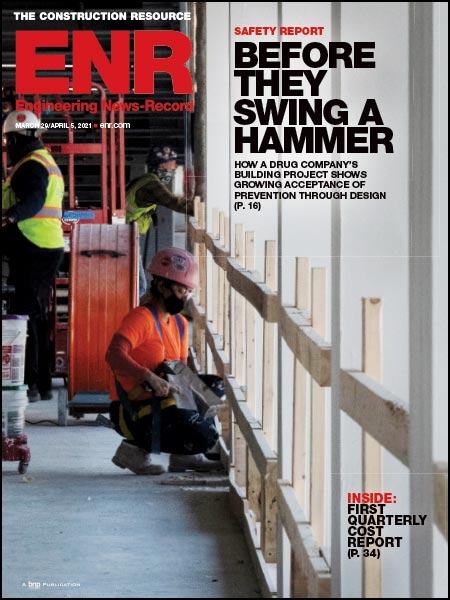Engineering and Society
Why You Should Never Be an Ethical Bystander
The lessons of Flint

The opposite of a hero isn’t always a villain. The opposite of a hero can be a bystander. The Volkswagen emissions scandal, the Takata airbag revelations and the Flint water crisis—the subject of this week’s Award of Excellence cover story—didn’t happen because a single evil actor set out to do harm. These events happened because too many people stood by and failed to speak up when they knew a bad decision was being made.
Some may have not realized that their decisions and inactions would cause harm. In a 2010 study, the American Society of Engineering Education found a majority of surveyed engineers didn’t recognize that their daily decision-making is an ethical act.
Such decisions are not necessarily black and white. Unethical behavior isn’t as clear-cut as taking money or not taking money with a well-defined quid pro quo. Usually, it is in a gray area, skipping a final project walk-through because all the others have been fine or signing off on a decision because, despite your doubts, everyone else thought it was a good idea. As the Flint crisis unfolded, U.S. Environmental Protection Agency scientist Miguel Del Toral stood out as an example of not giving in to “group think.” But he was an exception.
In most cases of failure, such as in Flint, ascribing blame is difficult, if not impossible, due to the large number of decision-makers involved in complex activities. When a Virginia Tech study team assigned proportions of blame in the Flint case, the total equaled more than 100%. Engineering Professor Marc Edwards, ENR’s 2017 Award of Excellence winner, says even he is to blame because he didn’t do more to stop the problem sooner.
No matter who is to blame, Edwards says we all can play a role in refraining from decisions and behaviors we think will cause harm. First, we can stop looking the other way when wrong is occurring. Second, we can take personal responsibility to intervene. Third, we can value the importance of engineers’ roles in protecting humankind more than we value institutional loyalty and career advancement.
Instead of looking for ways to keep quiet, we have a chance to achieve real change if we stand up to point out wrongs and support those who take such steps. Engineering ethics may start in class, but they need to continue as real, on-the-job lessons reinforced by managers and mentors, whether or not a company’s or institution’s culture rewards or fires those who speak up.
Long after the lead in Flint’s water is cleaned up and the tainted pipelines replaced, the realization that individuals can make an impact by speaking out will remain a legacy of the crisis.
It’s a lesson ENR’s audience should take to heart. Don’t be a bystander. Believe that your voice matters and that, even as an individual, you can help to create change.




